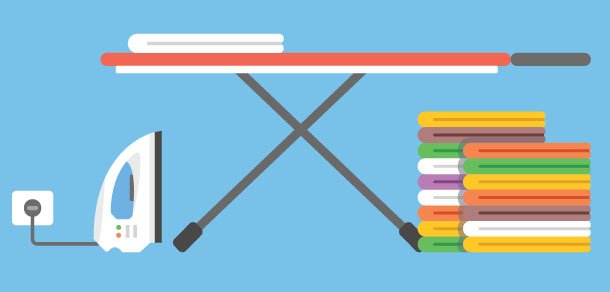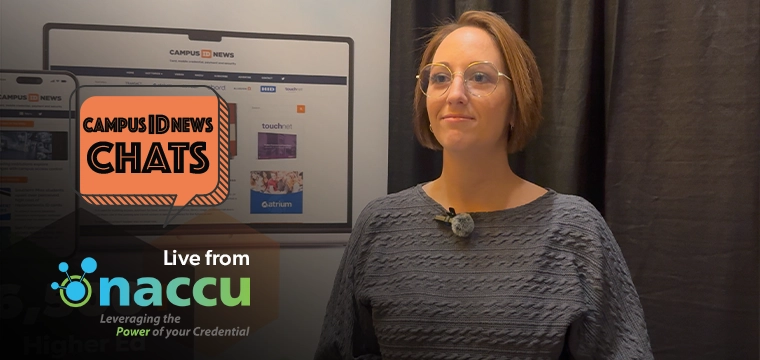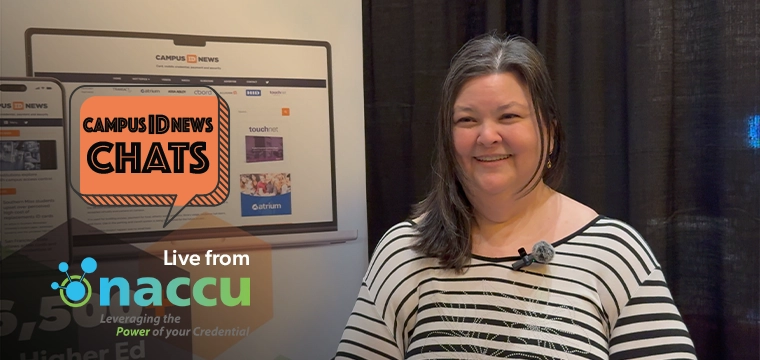Related: The future of payments in campus laundry
Cards, cash or free?

While laundry isn’t typically seen as a life-saving service, it does – like any superhero – have an origin story. Campus card industry consultant, Robert Huber, has seen campus laundry evolve to reflect changing college life.
“At the onset of campus laundry, most campuses used coins, re-usable or single-use tokens, and rechargeable or throw away cards,” Huber says.
The days of coin payment are for the most part behind us – and for good reason. “At that time, institutions deployed labor-intensive change machines either in each laundry room or for security reasons in the residence hall lobby,” Huber recalls. “This meant that front desks had to keep lots of change handy – again, a security risk and a labor intensive process.”
Whether done by the university, a laundry machine contractor, or a third-party coin collector, the single greatest problem with coin-based devices is the collection process.
“Reconciliation of coins has always been laborious and requires auditing and verification that the cash retrieved matches the transactions,” explains Huber. And, of course, pilferage was a concern and vandalism of coin-laden machines was not uncommon.
|
Related: The future of payments in campus laundry Cards, cash or free? |
As an alternative, many campuses opted to add a thin magnetic stripe, often called a vending or junk stripe, to their campus card to enable offline stored value payments. This allowed them to utilize the student ID card instead of requiring students to carry a dedicated laundry card, Huber says. “But this strategy necessitated the purchase and secure mounting of cash-to-card machines for the secondary stripe,” he adds.
Cash-to-card machines that required the acceptance of bills posed an increased security risk of break-ins wherever the machines were located, and carried hefty cash-handling expenses, Huber explains. These eventually were replaced by or complemented with automatic debit machines that facilitate revalue using credit or debit card.
As another alternative, campuses began incorporating laundry payments into the “flex” account program. This alleviated some of the security concerns and increased profitability, and added another valuable utility to the student flex account.
There were also growing pains in the wiring of laundry machines. “If the patch cord running between the reader and the washer wasn’t engineered properly to the individual machine, then sometimes the water would fail to shut off, causing floods in the laundry room,” says Huber. “In the mid 1980s, many washing machine brands were different and campus personnel had to custom engineer readers for each brand. Vendors soon took notice and began selling laundry controllers.”
In the years since, many campuses continued to accept both cash and electronic forms of payment. As a standard practice today, however, Huber sees little reason to maintain antiquated methods.
“I would recommend accepting only electronic forms of payment – campus card or bankcard – thus eliminating all forms of cash in residence hall laundries,” Huber explains. “This reduces the security vulnerability of not only the machines, but more importantly, the residents as well.”




